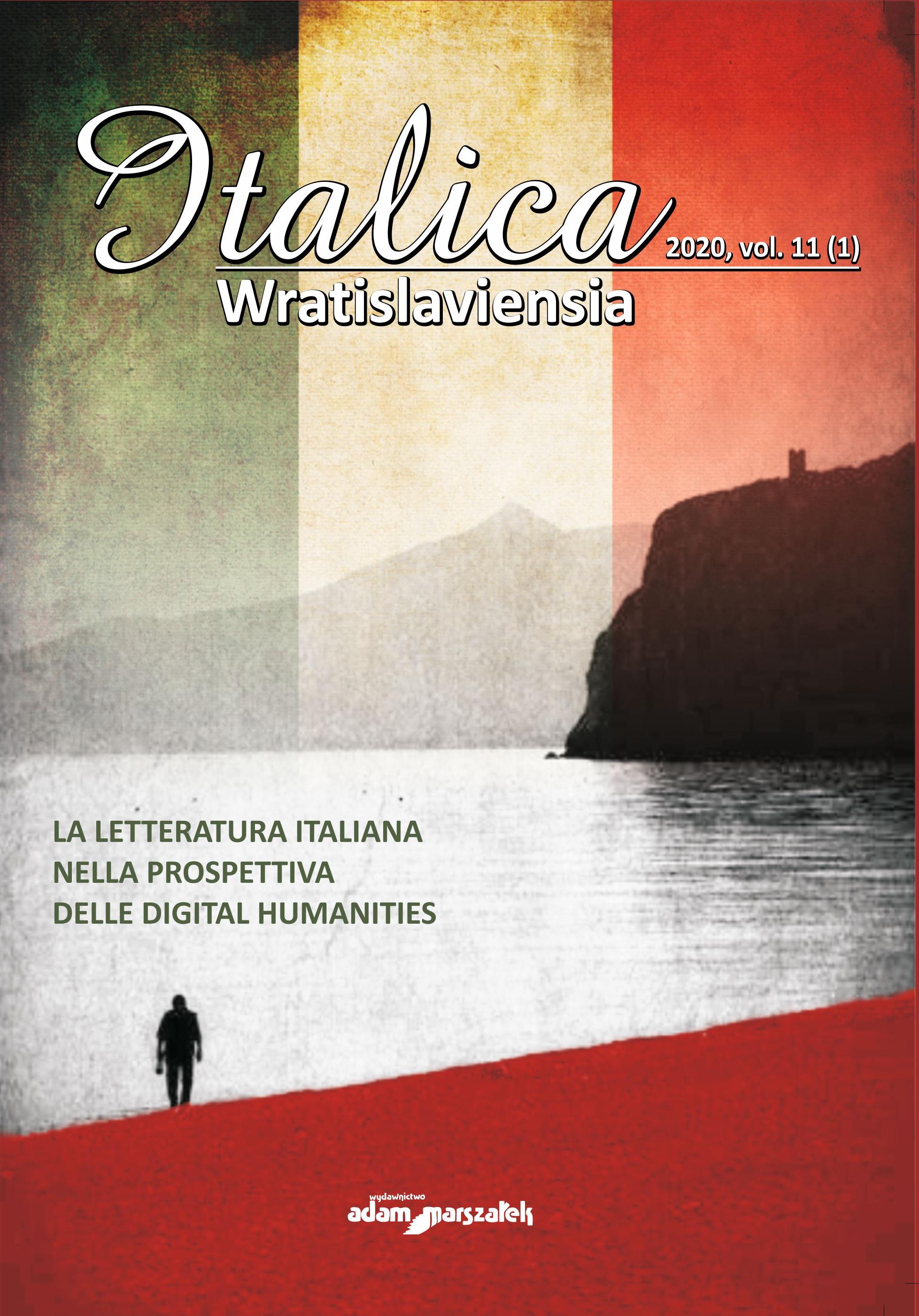La figura del “profugo polacco” nella finzione italiana. Edmondo De Amicis e Edoardo Albinati in cerca di un mito moderno
The ‘Polish Refugee’ Figure in Italian Literary Fiction: Edmondo de Amicis and Edoardo Albinati in Search of a Modern Myth
Author(s): Olga PłaszczewskaSubject(s): Language and Literature Studies, Studies of Literature
Published by: Wydawnictwo Adam Marszałek
Keywords: Poland and Poles in modern Italian literature; myths and archetypes in literature; Digital Humanities; Edoardo Albinati; Edmondo De Amicis
Summary/Abstract: The paper offers a contextual reflection on how the ‘Polish refugee’ figure is rendered in two examples of 19 th - and 20 th -century Italian literature. The paper opens with a brief discussion of the term ‘myth’ and its meanings in the age of Digital Humanities and proceeds to outline the literary and non-literary sources of the European myth of Poles as victims of foreign violence. Having given some attention to Edmondo de Amicis’s early poems addressing the 1863 uprising in Poland, the argument then focuses on his short story ‘Profughi polacchi’ (1863) as establishing the pattern of representing Polish emigrants in modern literature. Subsequently, the ways in which this narrative pattern changes in Edoardo Albinati’s novel Polacco lavatore di vetri (1998) are analysed to show that the idealised vision of the ‘refugee’ collapses. In conclusion, the dynamics of the presence and productivity of the myth in literature and in journalism are emphasised, and the differences in the handling of the myth in these two forms of writing are highlighted.The paper offers a contextual reflection on how the ‘Polish refugee’ figure is rendered in two examples of 19 th - and 20 th -century Italian literature. The paper opens with a brief discussion of the term ‘myth’ and its meanings in the age of Digital Humanities and proceeds to outline the literary and non-literary sources of the European myth of Poles as victims of foreign violence. Having given some attention to Edmondo de Amicis’s early poems addressing the 1863 uprising in Poland, the argument then focuses on his short story ‘Profughi polacchi’ (1863) as establishing the pattern of representing Polish emigrants in modern literature. Subsequently, the ways in which this narrative pattern changes in Edoardo Albinati’s novel "Polacco lavatore di vetri" (1998) are analysed to show that the idealised vision of the ‘refugee’ collapses. In conclusion, the dynamics of the presence and productivity of the myth in literature and in journalism are emphasised, and the differences in the handling of the myth in these two forms of writing are highlighted.
Journal: Italica Wratislaviensia
- Issue Year: 11/2020
- Issue No: 1
- Page Range: 191-213
- Page Count: 23
- Language: Italian

